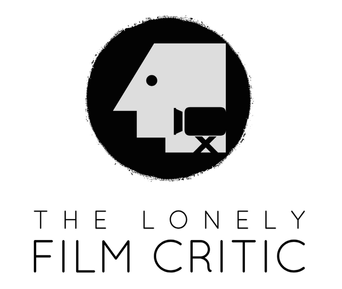Spike Lee’s passion is unmistakable. He knows just how to get at the heart of the issues and blaze them to the masses with ferocity, his films acting as missals for his faithful to fight for something better. The tactic isn’t subtle, but sometimes subtlety isn’t the best approach. Ending the film with footage from the Charlottesville riots, for instance, completes the circle that the film begins tracing. Duality is literally the running motif, and there is one no more potent than the juxtaposition of white supremacy now as it was then—almost unchanged, and clearly just as rancorous. Spike Lee wants to break the circle, because there will come a point where drawing it over and over again will suck out our energies and send us into complacency. Break it now before we are taken, and the world dies a bigger death.
Lee also finds room for some play amid the overt political messaging, resisting the idea that this must all be done with the utmost seriousness. The film opens with a clip from Gone with the Wind, but with Vivien Leigh’s voice overdubbed with a more comical “white” voice giving exaggerated line readings. A similar method is used a few minutes later with clips from D.W. Griffith’s The Birth of a Nation. Lee takes ample time to indict these films for their problematic existence; one memorable scene shows the KKK gleefully watching Griffith’s film, culminating in an outright celebration of the lynching scene that is disgusting enough to turn your stomach.
But he is also aware that he can dismantle them from the inside, in the same way Ron Stallworth makes it his mission to infiltrate the KKK and prevent it from doing harm. He can, for instance, co-opt some of Griffith’s cinematic techniques to tell an anti-supremacist story, and outright condemn the film’s most fervent audiences in the process. BlacKkKlansman is in constant dialogue with itself, since, like its protagonist, its very method involves pooling available resources and utilizing an oppressive industry as a tool for liberation. The only difference is that, unlike Stallworth or Zimmerman, Lee is not “passing” as anything other than one of America’s greatest black filmmakers. He is also not letting the police or the film industry off the hook, hence why Stallworth’s desire to be a black officer and an activist, and the ensuring cognitive dissonance, is never sufficiently resolved. You can only do so much in an industry that is still so poisonous, after all.
There is so much more here that is worth writing about, like how self-presentation (both physical and linguistic) is inherently racialized, the psychological complications of having an unconscious act of passing be brought to light, and the modernization of double consciousness, and how it still operates in a society that is, at its face, marginally more tolerant than it was eight decades ago. BlacKkKlansman is constantly contending with these ideas in a way that warrants comprehensive and fruitful analysis. I’m not the man to do it. Black critics and scholars are well-versed and have the personal experience necessary to make those arguments sing. My territory in this case is to express my appreciation for Lee’s work, and to demand that you see it if you haven’t already.


